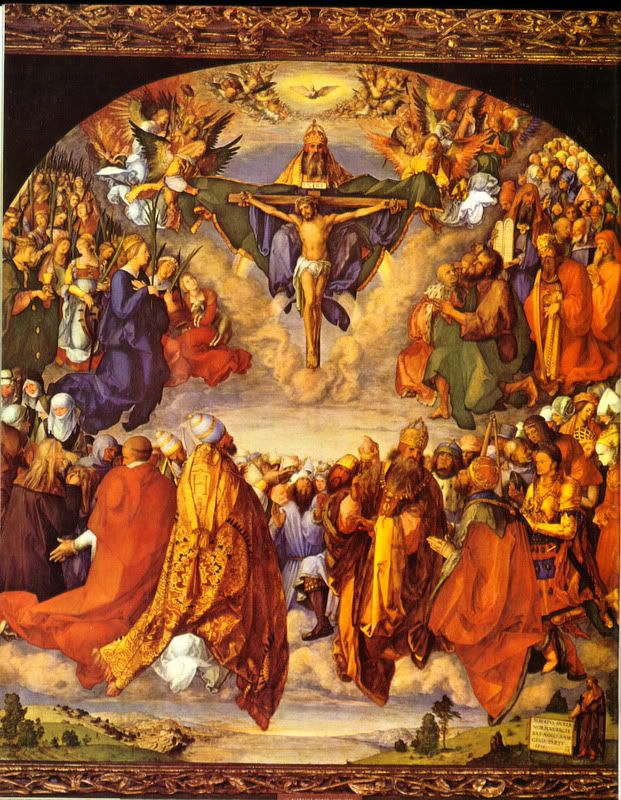One thing the students noticed is that Paul's attitude is utter foolishness according to the wisdom of our day. Our culture views death as a vague and often distant threat. When it is not being ignored it is being aggrandized to the point of making it unbelievable (think of over-the-top action movies, ridiculously gory blockbusters, or video games that make war entertaining). In this culture, what matters is the now. We are free to further our health, wealth, and felicity given death's non-existence within our worldview. Statements such as, "Christ will be honored in my body, whether by life or by death" are incompatible with our account of the good. We tolerate Christ's commands over our life, but only inasmuch as they cost us as little as possible. This is precisely why, however, when death reenters our narrative through some form of tragedy we find ourselves inadequately prepared to address its ultimate power over us. How can a culture gripped by materialistic impulses to nurture self-worth and self-aggrandizement face a reality that flippantly destroys our highest goods? In short, we cannot.
So what then? How should the church live? One of the students answered this way: "This life doesn't matter." I think that may be going too far in the other direction, but I think it's the natural move. When death comes into the picture, what does matter? Does your job, or your education, or your friends, or your love for anyone really matter? Death doesn't seem to think so. It ravages at will. Sometimes I think the Christian ethic calls us to live in the (sometimes) horrible tension between illusion and despair. Either death is distant so we live engrossed in the present, or death's shadow makes all the world grow dark and all beauty loses its luster. But maybe there is a way to love more then we've ever loved, more deeply than we thought possible, even in the knowledge that death hangs over the best of who we are.
God knows this will cost us in this life. Every time I hear the lyrics to the Mumford and Sons, "After the Storm" this truth hammers home:
And I took you by the hand
And we stood tall,
And remembered our own land,
What we lived for.
And there will come a time, you'll see, with no more tears.
And love will not break your heart, but dismiss your fears.
And we stood tall,
And remembered our own land,
What we lived for.
And there will come a time, you'll see, with no more tears.
And love will not break your heart, but dismiss your fears.
But this hope comes by facing the truth that follows:
I will die alone and be left there.
Well I guess I'll just go home,
Oh God knows where.
Because death is just so full and mine so small.
Well I'm scared of what's behind and what's before.
Well I guess I'll just go home,
Oh God knows where.
Because death is just so full and mine so small.
Well I'm scared of what's behind and what's before.
The song closes with the following lines again:
And there will come a time, you'll see, with no more tears.
And love will not break your heart, but dismiss your fears.
And love will not break your heart, but dismiss your fears.
I hear this type of awareness in Paul. "For to me to live is Christ, and to die is gain." And by this Paul means to gain Christ. N.T. Wright notes in his brief commentary of Philippians that 'heaven' is not the same term for Paul as it is for us. Paul never waxes eloquent on the golden roads or 'mansions,' but he does talk about finding Christ and being found in Christ. For Paul that holds all hope, and for the Church it is our only hope. A Christian ethic then must be enraptured with love, but this love is not threatened or overshadowed by death. It is only made more potent by death, and in dying we find only 'gain,' not loss. In Christ we find Christ's Church, his bride, and in her we find one another. To see my Lord would be to see those whom I love, and those whom I have lost. May we hope to all see that glory, serving one another in love while despising the fading power of death.

No comments:
Post a Comment